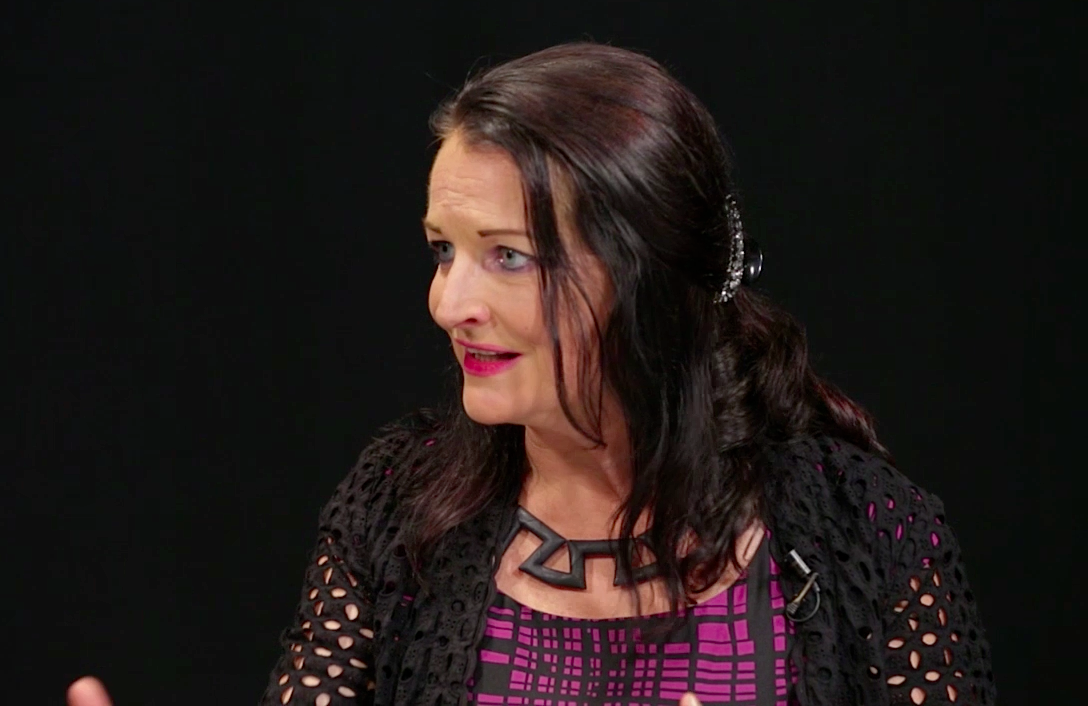Meditation is an age old technique that has been used by people through the centuries to be able to relax and focus. But the idea of using meditation in business for some at least, is a relatively new one. Now more and more CEOs and executives are coming out of the woodwork and explaining that they too find the practice of meditation to be excellent to help them to succeed with their business. In writing of this for the Huffington Post (2013), Bruce Davis explains:
“CEOs of all types are coming forward at various conferences and media interviews describing meditation as a game change, productivity tool and a must for maximising success”.
Elaborating on this, Davis explains that for many CEOs, profits and meditation are being seen as “partners”. That is because through meditating, people are able to get the calm and focus that they need to be able to develop solutions to problems and to be able to really give their full attention to tasks. CEOs report finding meditation to be an excellent tool to promote creativity as well.
Writing for Business Insider, Jhaneel Lockhart and Melanie Hicken (2012) explain that many CEOs swear by meditation as a tool to help them to be able to achieve what they need to. Examples provided of CEOs that meditate already and the reasons given for doing so. For example Ray Dalio, the founder and CEO of the world’s biggest hedge fund, Bridgewater Associates uses meditation to help him to deal with his ego and to be able to take on board critique. Mark Benioff of Salesforce.com uses meditation to relieve stress, and Andrew Cherng, the founder of Panda Express encourages his employees to meditate to be able to step back from difficult situations and focus properly. The former CEO of Medtronic, Bill George meditates on planes to make sure that he gets sufficient rest and is able to refocus before meetings. Meanwhile Def Jam Founder Russell Simmons said that transcendental meditation changed his life.
As can be seen, many CEOs are already finding meditation to be excellent for getting them back on track and focused on what is important. Meditation has many purposes. One of the main protagonists of the concept of emotional intelligence, Daniel Goleman suggests that it is helpful for developing these particular skills further. Indeed, Goleman states:
“Mindful meditation has been discovered to foster the ability to inhibit those very quick emotional impulses.”
Put another way, if you do not meditate you might be more likely to say something thoughtless that you regret, impeding your leadership skills. On the other hand, meditation can help you to get a grip on a problem and refocus on it in a way that is more positive and productive for both employees and the leader him or herself. Davis explains that meditation takes us back inside ourselves and helps to build an awareness and understanding that is “profound”. Davis argues that one of the best benefits is to be able to let go of our egos through meditation to be able to achieve better results that are more beneficial for the business. As Davis explains, meditation helps us to free ourselves from the stress and the “daily annoyance of others”, and extract us from the ongoing noise that continually surrounds ourselves. He argues that it helps us to tap into an entirely new level of human potential.
Image source: joyoftech.comSome business leaders may think that they are so busy that they do not have time for meditation, but the case for meditation is a strong one. Looking at it from another perspective, it might be better to ask, “Do you have the time not to meditate?” since meditation drives a depth of focus that has the potential to lead to increased productivity. Others may be assuming that meditation will simply take too long, but Deepak Chopra puts us straight on that front, arguing that:
“People think meditation is a huge undertaking. Don’t think of it like that.”
While more meditation time is better than less, even ten minutes of meditation per day can help the mind to settle, calm down and focus on what it is supposed to be doing. It can also help avoid making mistakes by providing the ability to step back from a situation. The question for CEOs not already meditating is can you afford not to?
Another important issue is to understand that through the practice of meditation, one as a person changes as well, and that might impact as well the goals and purposes of your business. As Davis says:
“Meditation is the nexus, the seat of sacredness, the point where awareness discovers its source and new life is born. “

Paula Newton is a business writer, editor and management consultant with extensive experience writing and consulting for both start-ups and long established companies. She has ten years management and leadership experience gained at BSkyB in London and Viva Travel Guides in Quito, Ecuador, giving her a depth of insight into innovation in international business. With an MBA from the University of Hull and many years of experience running her own business consultancy, Paula’s background allows her to connect with a diverse range of clients, including cutting edge technology and web-based start-ups but also multinationals in need of assistance. Paula has played a defining role in shaping organizational strategy for a wide range of different organizations, including for-profit, NGOs and charities. Paula has also served on the Board of Directors for the South American Explorers Club in Quito, Ecuador.





























